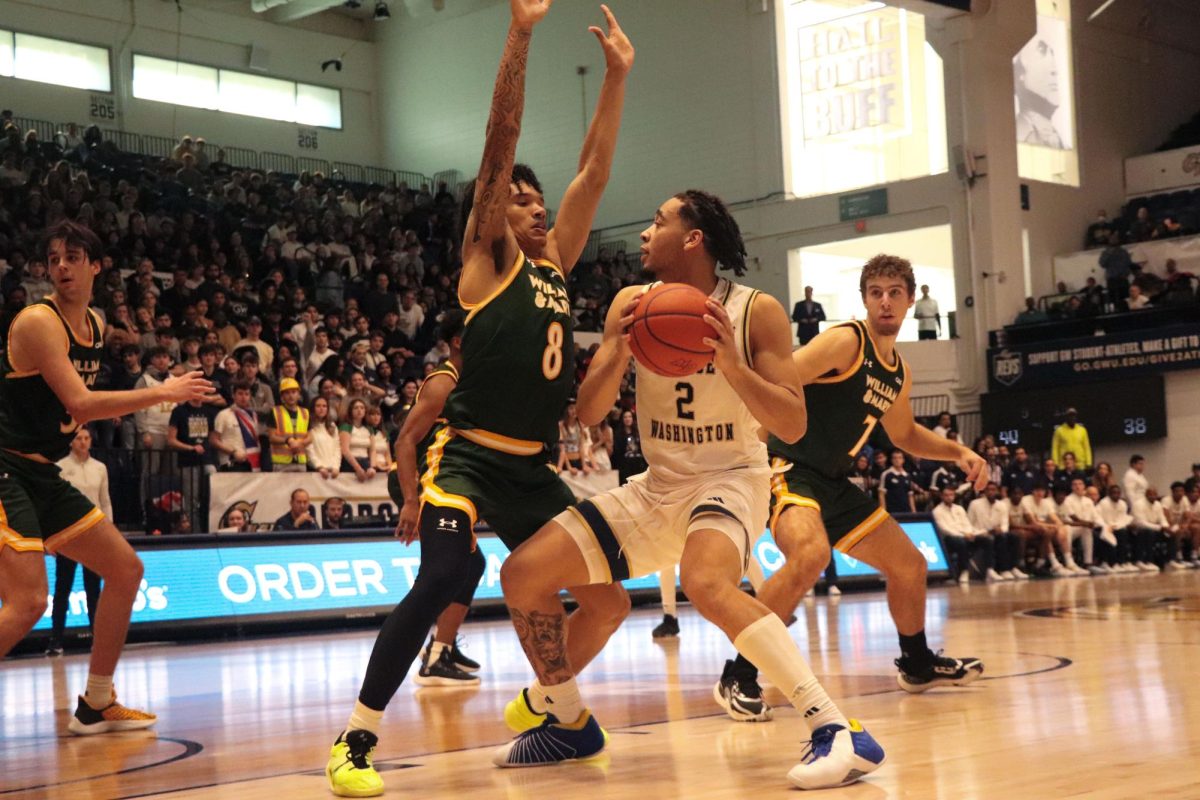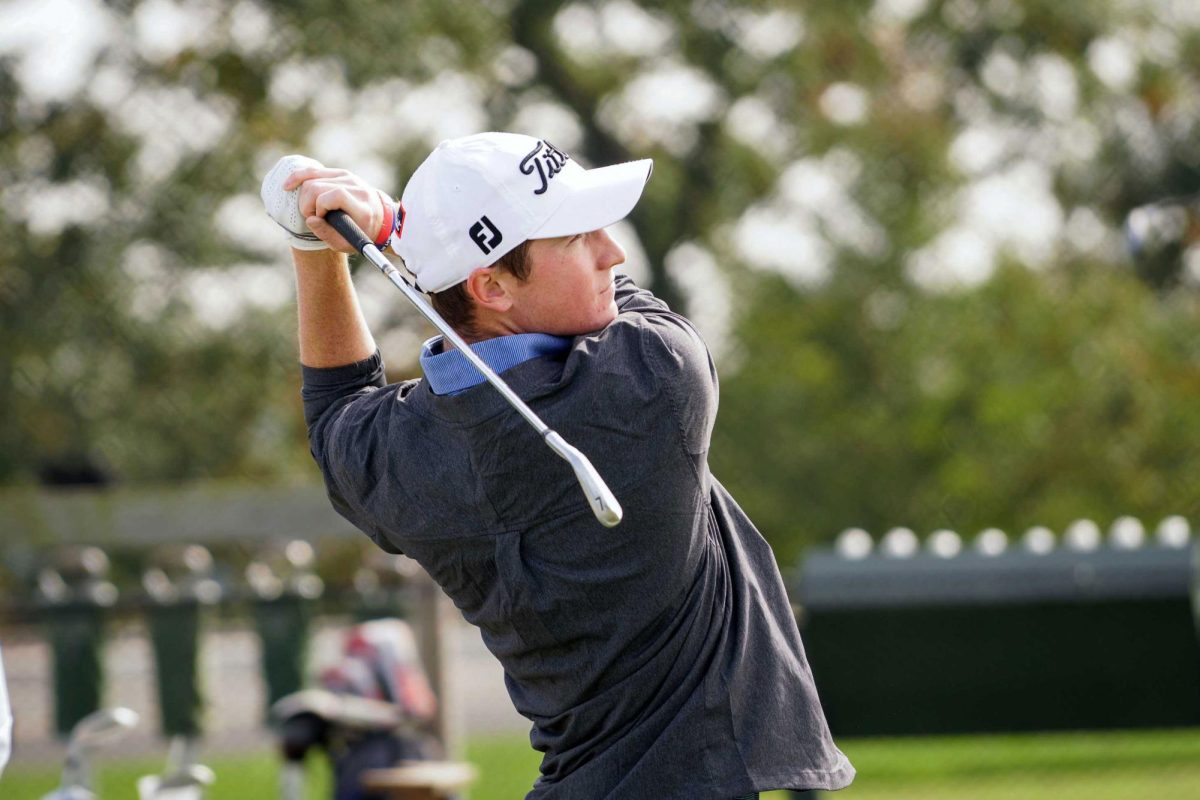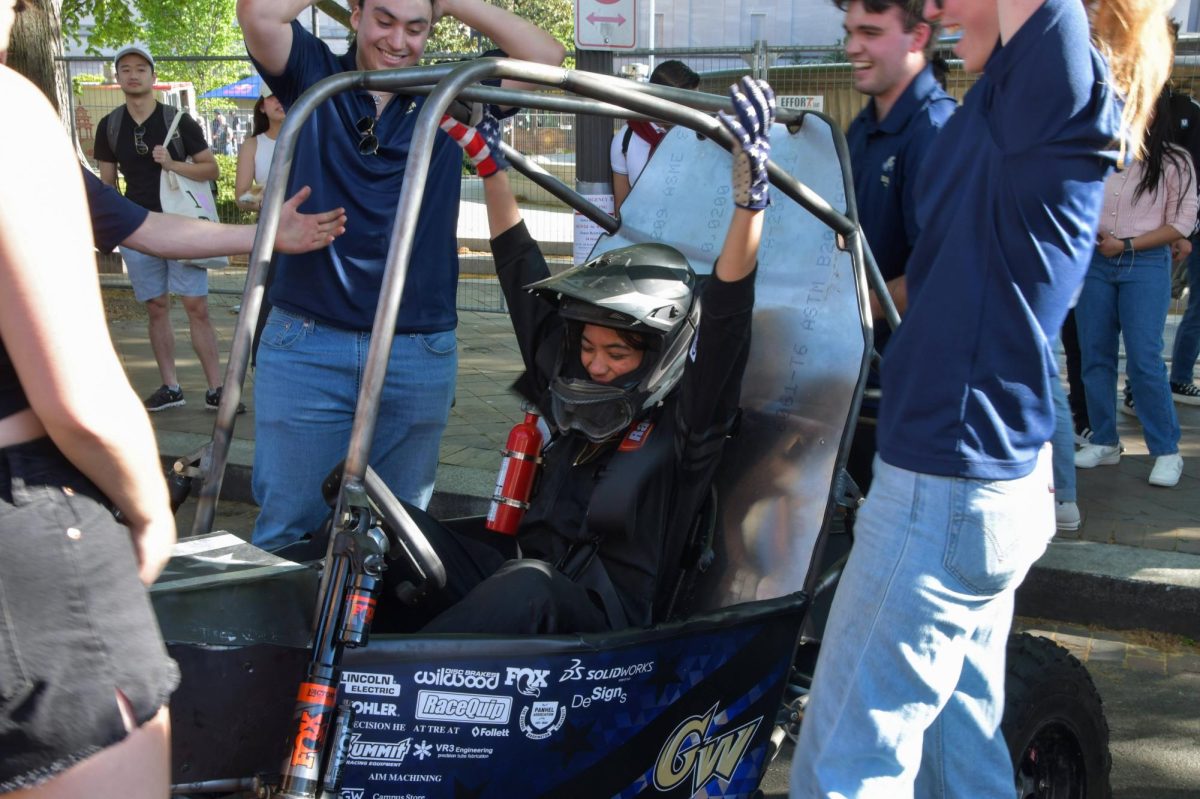John Chaney is old, ornery and ostentatious. But is he crazy, evil and a detriment to college basketball?
Like many high-profile coaches, he has always toed the proverbial baseline. He has brilliantly thrived with one foot in bounds and one out. But it seems as though one act last week, one simple set of directions, one elbow, has morphed Chaney into Jack Torrance from “The Shining.”
Please remember: this is not a horror movie. There are no good guys, no bad guys, no battles between good and evil. In reality, the baseline is blurry. Sometimes, it takes a situation so bizarrely reprehensible to make the world realize that.
To rehash: Chaney’s Temple Owls were trailing St. Joseph’s late in a game last Tuesday when he inserted little-used Nehemiah Ingram to bust some heads. Chaney had been upset at the so-called illegal screens Hawks players were setting all game, and en route to fouling out in four minutes, the 250-pound Ingram elbowed John Bryant, who fell to the ground and broke his arm.
After the incident, Temple let Chaney slap himself in the wrist with a self-imposed one game suspension. When the extent of the injury came out, administrators took action, suspending the coach for the final three games of the regular season.
Injuries are an awful reality of sports. But those inflicted on purpose punches (or elbows) are worse. You get our guy, we get you back. It happens. Leave it to Chaney to provide an extreme case.
“He may have been more to the point than other coaches,” said Rhode Island assistant Kevin Clark, who spent four years coaching at GW under Mike Jarvis from 1993-97. “But I’ve heard coaches say ‘no lay-ups’ or ‘foul hard.’ That echoes out of a lot of locker rooms.”
He added, “I know a lot of coaches will tell you to get physical and say ‘let’s not get pushed around.’ You can take that however you want.”
As Clark said, who’s to say the situation would’ve unfolded the way it did if any other coach or any other player was involved? There is no way to tell. Life is not hypothetical. It’s easy to blame one man, one player, one act, for all that is wrong with an aspect of society.
In a much less publicized incident last week, a South Dakota Valley City State basketball player elbowed an opposing player under his eye, opening a cut that required 14 stitches and caused a concussion. Due to the severity of the cheap shot, the reported assailant is now facing criminal charges.
Why did the act of frustration happen? We’ll never know exactly. But it did happen, and it does happen – usually in much, much smaller instances that do not explode into injury riddled brawls.
Xavier assistant coach Monte Mathis has seen it. A team down by 20 points, calls not going its way, and a coach telling his players to foul on every possession.
“You hear coaches hollering, ‘You gotta work for it,'” Mathis said. “I don’t think it does anything to help the situation. There are no positive things that come out of it. It ticks opponents off, the referees get mad, and the players get pissed off.”
Strange things happen when a coach thinks his or her club is getting “homered” by the refs, as he called it. Still, Mathis has never seen anything like Ingram’s surreal actions.
When St. Bonaventure assistant Cory McClure heard about the incident, his reaction was predictable. “It was like, ‘Oh my gosh,” he said. While he acknowledged that players and coaches do carry dirty reputations, the days of enforcers and goons are over at the University level.
“Those tactics are so far removed from college basketball,” McClure said.
Are they? Most believe so. This isn’t the NBA: GW isn’t suiting up Ron Artest, Kurt Rambis or Bill Laimbeer.
GW women’s basketball coach Joe McKeown has seen his share of hard fouls and fights on the court.
He does not believe this is a gender issue. It’s a basketball issue. Like Chaney, the 16-year GW veteran wants to ensure his players’ well-being.
“It’s really unfortunate,” McKeown said. “You want to play hard and physical, you want to be able to go in and be fearless without worrying about your legs getting cut out. You have to protect your own players; that’s the main thing as a head coach. It’s the number one thing most coaches understand.”
Isn’t that what Chaney is all about? Caring about his players’ well-being, safety and protection? On one level, he did just that last week. He sent in the goon to protect his players from illegal screens, which is all well and good until someone breaks an arm. And that is the problem. Coaches are so obsessed with winning that occasionally they snap, and they don’t think. When their subconscious takes over, they will regret what happens.
Frustration, said GW professor of exercise science Patricia Sullivan, can cause volatile responses in athletics.
“It probably happens fairly frequently, we don’t necessarily acknowledge it,” Sullivan said of athlete and coach meltdowns. Chaney was frustrated, and he snapped. Whether he believes it was warranted or not (he has since apologized), he is not held to a higher standard because of his status as a coach.
Sullivan, who currently teaches a graduate course in psychological aspects of sports, made her sentiments clear: if you’re a college coach, you’re a leader, affecting malleable psyches of young men and women.
“No matter how much pressure you feel, you’re the adult,” she said. “Lots of people have big responsibilities. Most don’t deal with over-the-top situations with aggression or some sort of insidious activity.”
Most round ball pundits and coaches, including Chaney, seem to agree: if he could do it again, he would not have acted insidiously and the goon would still be sitting on the bench. But there is no rewind button in life.
If Chaney retired today, or if Temple doesn’t ask him back after the season, he’d still be revered.
“He’s done so much for black coaches, for coaches in general,” Clark said. “I didn’t look at the situation (last week) and make it bigger than what he’s done as a coach.”
The mistake was awful, the worst of the coach’s career. John Bryant is out for the year, which is the horrific consequence of it all. Still, the world isn’t filled with true heroes and villains. Chaney isn’t Superman or Lex Luthor – he’s somewhere in between, just like everyone else.







